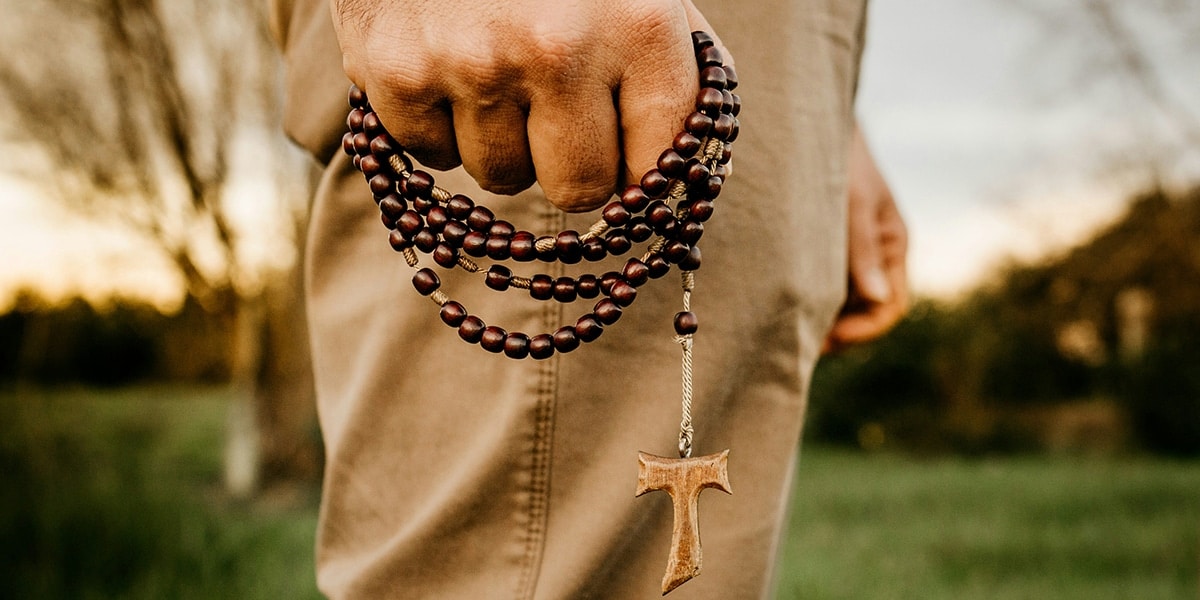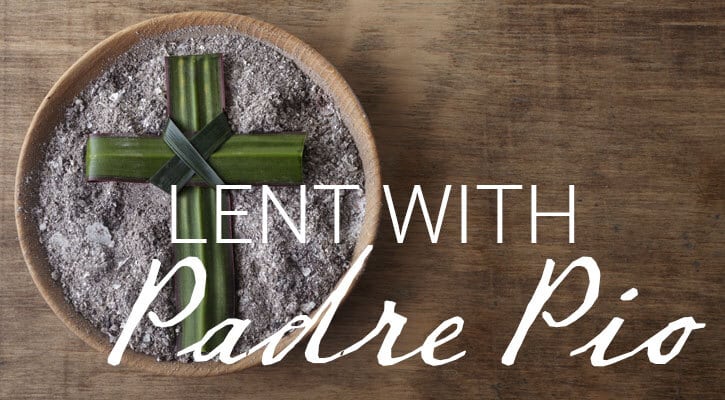READ
First reading: Acts 2:1-11
Second reading: 1 Cor 12:3b-7, 12-13
Gospel: Jn 20:19-23
UNDERSTAND | By Father Greg Friedman, OFM
Shortly after Easter one year, a woman in my parish who had been received into the Church at the Easter Vigil told me how welcomed she felt in the Catholic family. The sense of openness and tolerance she experienced was especially important to her.
It’s a characteristic of Catholicism to see God’s goodness in all of creation, in various human endeavors, and in the cultures and histories of human beings wherever the Gospel is preached. While we haven’t always lived up to that ideal, I was happy that my new parishioner experienced something of that spirit.
That universal dimension is also one of the themes of Pentecost. The dramatic story of the descent of the Holy Spirit tells us how the Holy Spirit can break down walls we may put up between peoples, races, and cultures. What we see as obstacles, the Spirit can use to create a new unity, a reversal of the story of the tower of Babel in Genesis, when people let human arrogance lead to disunity, as one human language fractured into many different tongues.
Today across the world, a myriad of voices, different languages, and many cultural expressions will celebrate the coming of the Holy Spirit. Let’s join our voices with that Pentecost chorus.
CLICK HERE TO LISTEN TO THE AUDIO.
DISCUSS | By Father Dan Kroger, OFM
In this week’s first reading, what is the first thing that happened on Pentecost? What does that teach about the Holy Spirit?
In the second reading, Paul says there are a variety of gifts from God, given for some benefit. Who needs these gifts?
According to the Gospel, did the apostles receive the Spirit on that first day of the week or only at Pentecost?
ACT | By Susan Hines-Brigger
In the Understand section of this week’s newsletter, Father Greg talks about breaking down walls that we put up. Try to think of some concrete ways that you can break down barriers in the various aspects of your life–and then put those ideas into action. You might work to learn more about another religion. Or, you could sit and talk with someone who has a different point of view than you on something. Whatever it is, work to bridge the gap.








